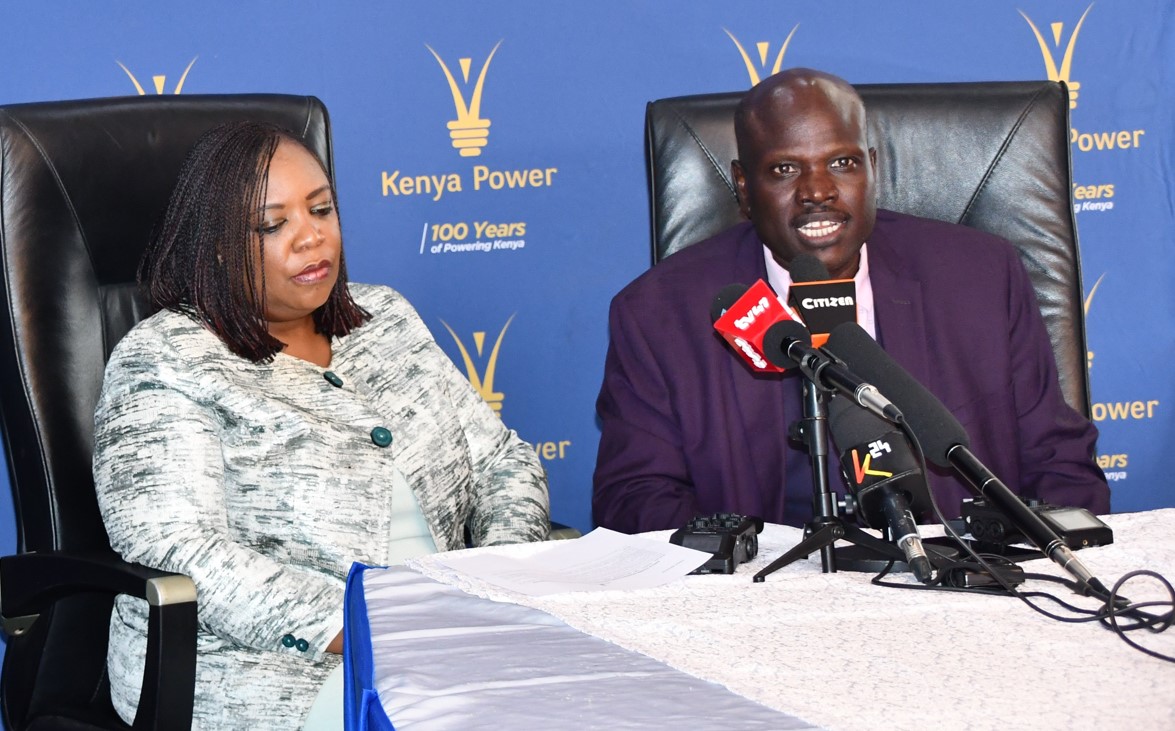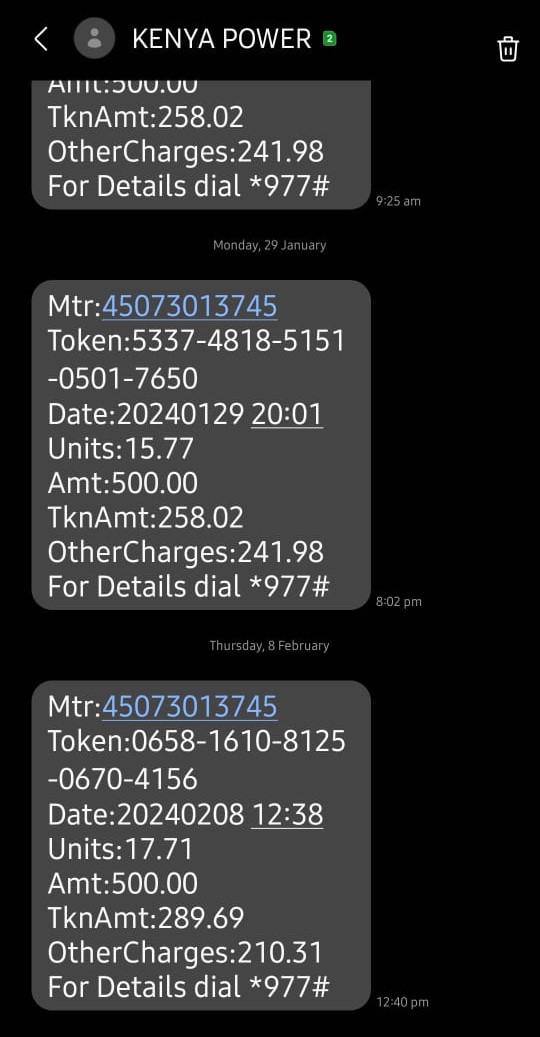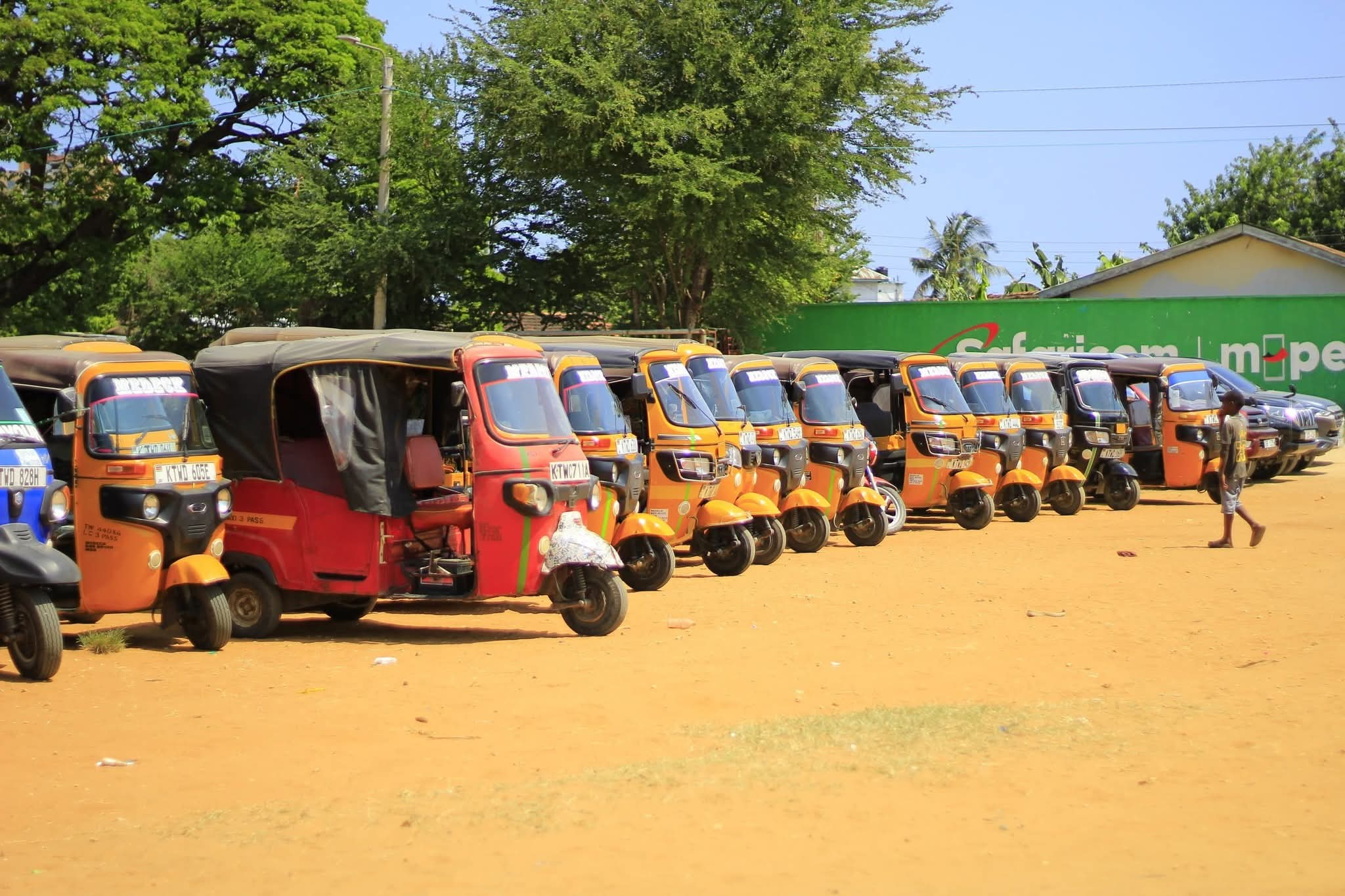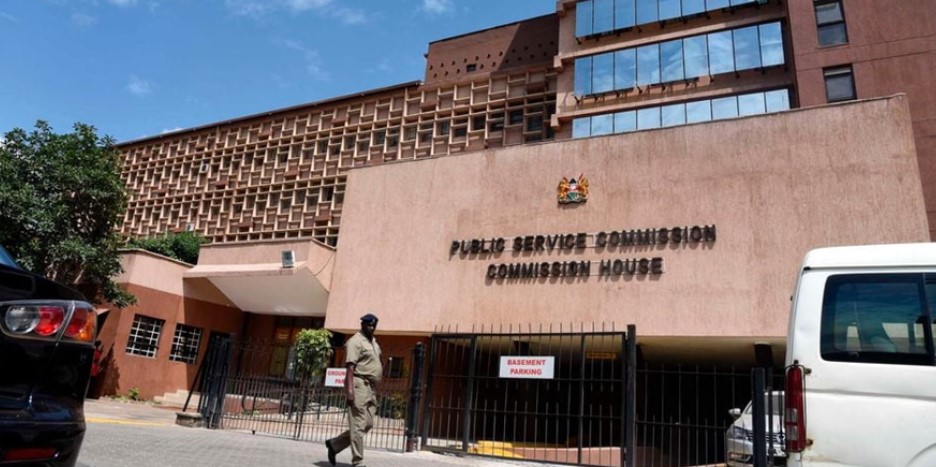Kenyans to enjoy cheaper electricity after lastest price review

Going by figures from the review, Kenyans will now pay Sh3.44 less to access a unit of electricity.
Kenya Power has lowered token charges in the latest review on electricity prices, granting a reprieve to Kenyans who have been grappling with the high cost of living.
Going by figures from the review, Kenyans will now pay Sh3.44 less to access a unit of electricity.
More To Read
- Kenya Power rolls out digital meter reading system to boost billing accuracy
- Power producers warn of costly PPAs as Parliament lifts seven-year moratorium
- Kenya moves to end power shortages and lower electricity costs
- Kenya Power awards Sh3.5 billion in tenders to youth, women and PWDs
- Auditor General flags Sh1.37 billion overdue payments at KenGen amid rising debts
- Kenya Power fast‑tracks talks with 54 producers after Parliament lifts freeze on PPAs
The decline in electricity prices comes mainly as a result of the stabilisation of the Kenyan Shilling against the US dollar.
"Foreign exchange adjustment dropped from Sh6.46 per kilowatt hour to Sh3.22 per kilowatt hour owing to a decrease in the total foreign currency exchange payments made in January," noted Energy Principal Secretary Alex Wachira.
Fuel energy cost
The lowering of the electricity cost is also a result of a slight reduction in the fuel energy cost which dropped by 19 cents.
Postpaid users will have to wait until the end of February to enjoy the new rates, but Prepaid users are already paying less for electricity.
A consumer who previously received 15.77 units for Sh500 now receives 17.71 units for the same amount.

Prices of electricity could potentially go even lower in days to come after the Kenya Electricity Generating Company (KenGen) announced an oversupply of hydroelectricity.
The power generating firm announced that due to increased inflows into the Mount Kenya and Aberdares catchment areas, dams in the Seven Forks Scheme recorded higher water levels, with the Masinga Dam, in particular, hitting maximum levels of 1,056 meters above sea level.
Hydro accounts for a significant portion of electricity generated in Kenya. Between 8-10 per cent of all electricity generated comes from hydro compared to geothermal, which accounts for 4 per cent of the power generated. Hydro is also cheaper than other forms of power.
Energy PS Wachira noted that the various energy agencies will be working closely together to curb transmission and distribution losses, which have been contributing to the high cost of electricity.
Top Stories Today















































